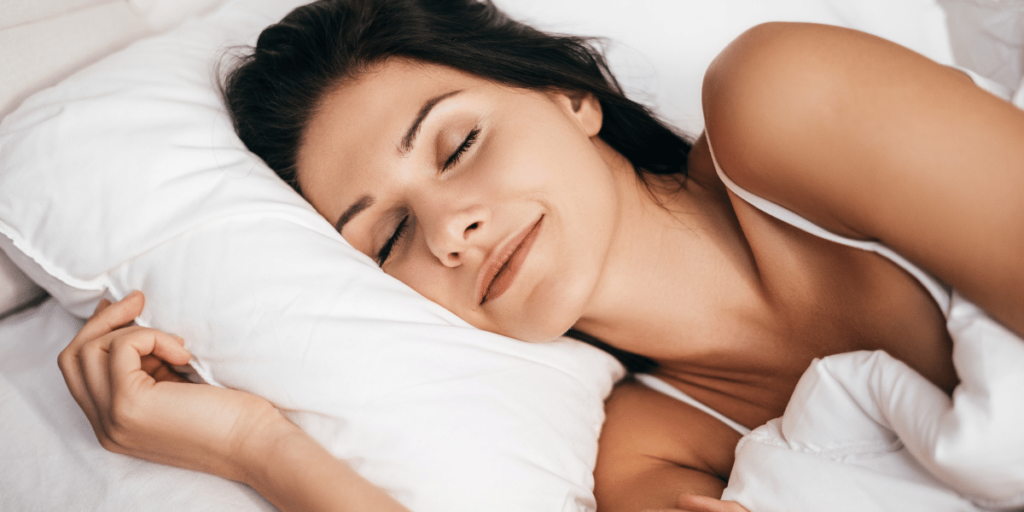No products in the cart.
Sleep Patterns: 13 Best Ways To Improve For Better Performance

Have you ever felt tired or lethargic before competing? Read about the 13 best ways upon your sleep patterns in order to guarantee peek performance
Sleep is one of the five primary elements of preparation for peak athletic performance. Inadequate sleep can be the difference between first place and last place. Unfortunately, getting consistent good-quality sleep often falls to the bottom of the priority scale. Too often, honestly evaluating our sleep pattern comes after we have maximized our training plan and nutrition, and have run out of other possible improvement options.
Sleep science research has shown that sleep deprivation causes a significant reduction in reaction time. Even low levels of sleep deficiency can produce deficits in cognitive and motor function equivalent to the legal level of alcohol intoxication. For a competitive athlete, this can lead to disastrous consequences.
Athletes push their bodies harder and longer than the general population, and thus need more rest to ensure proper recovery. Adequate sleep allows exhausted muscles, ligaments, and tendons downtime for repair and strengthening, which has a direct correlation to injury prevention. Sleep also gives the brain an opportunity to recharge, which promotes improvement in mental focus, reaction time, and coordination.
Your sleep requirements depend on your genetics and the amount of energy expenditure for your sport. Adults need seven to nine hours each night, but athletes may require more to boost performance. Here are the Top 13 ways to get the sleep you need to compete at your peak!
13 Ways To Improve sleep patterns For Better Performance
1. Set a bedtime that is realistic to follow every night and stick to it.
If you get out of sync, regardless of the reason, get back on schedule as soon as possible. Establish a similar routine for getting up in the morning.
2. Sleep when you are truly fatigued.
If you have not “drifted off” within 20 minutes, get up and do something relaxing in another room until you are ready to sleep.
3. Develop a pre-bedtime routine that you can maintain regardless of your location.
Take a warm/hot bath or shower, read for pleasure, or listen to soothing music. Find ways to allow yourself to easily wind down for 30 minutes or so before trying to sleep.
4. Make sure to get regular exposure to natural light during the day.
Taking a regular “sun break” every day will help to keep your body on a favorable wake/sleep schedule.
5. Keep your sleeping area dark, cool, uncluttered, and quiet.
If possible, remove any electronic devices such as TVs, computers, and cell phones that have illumination or sounds that could keep you from falling asleep or awake you. Turn off all lights (and the TV if you have one in your bedroom) before trying to sleep. Use blackout curtains, nightshades, and earplugs if needed. If mild background noise helps you sleep, use a fan or another white noise machine. Consider playing an audio recording of relaxing sounds.
6. Use the bed for sleep and sex only.
If reading when in bed helps you to fall asleep, read for pleasure only.
7. Make sure your mattress and box spring are in good condition for maximum support and comfort.
If you get cold or too warm easily, choose clothing, pillows, and bedding that will help maintain a comfortable body temperature.
8. Minimize fluid intake after 6 PM.
Limiting evening consumption will reduce and eliminate sleep interruptions for bathroom breaks.
9. Be aware of your eating and alcohol intake patterns.
Overeating at the evening meal and overconsumption of alcohol often results in restless nights. Refrain from indulging in heavy, rich, fatty, or fried foods at that time.
10. Avoid any food or drink before bedtime containing caffeine or other stimulants.
11. Start a habit of taking a pre-competition nap whenever possible.
A nap of 20-30 minutes can help your body relax, calm your mind, and lead to improved focus and accuracy during the event.
12. Consider purchasing Wearable Fitness Technology, such as a smartwatch, that has a sleep monitor/tracker.
The device will record data and give you an accurate snapshot of your actual sleep time. Use the resulting data to tweak your sleep routine.
13. Don’t check the clock repeatedly after you go to bed; it will just stress you out.
If you are still awake after 20 minutes, follow number two on this list.
In addition to the other listed benefits, improving your sleep pattern helps to maximize motor skill memory, thereby taking your performance to the next level. Enhanced sleep quality will also help you to maintain optimum health, and may have the added benefit of contributing to prolonging your athletic career.
So, the next time someone suggests a radical new change guaranteed to enhance your performance, just tell them that you will sleep on it!
